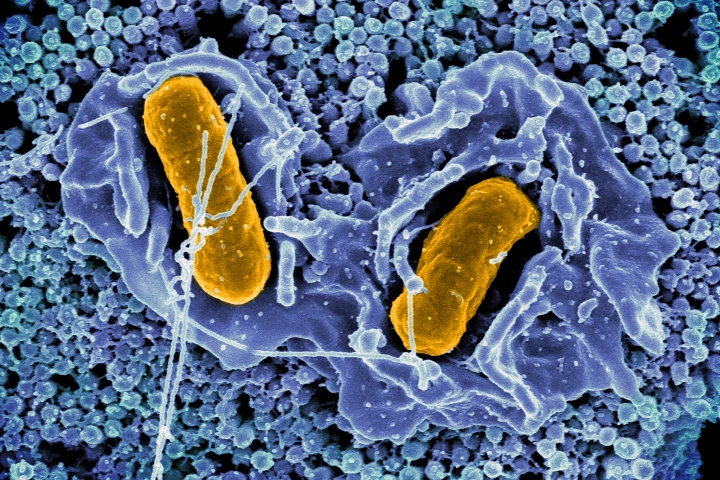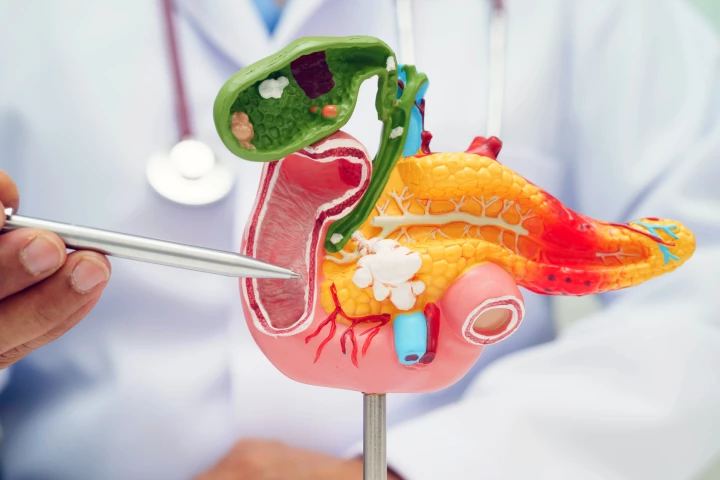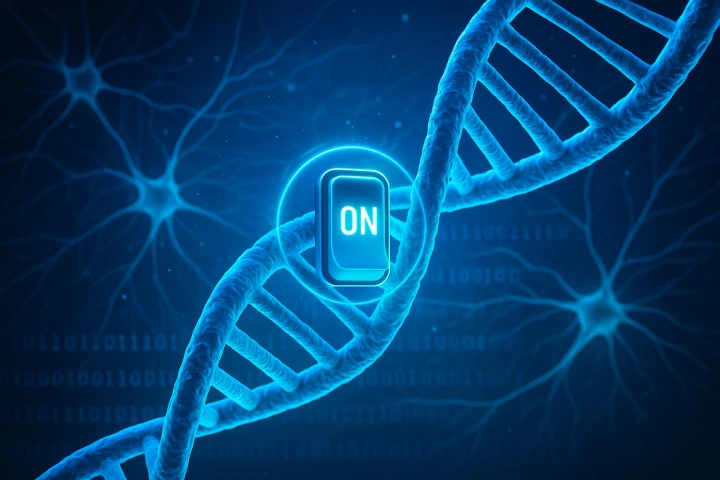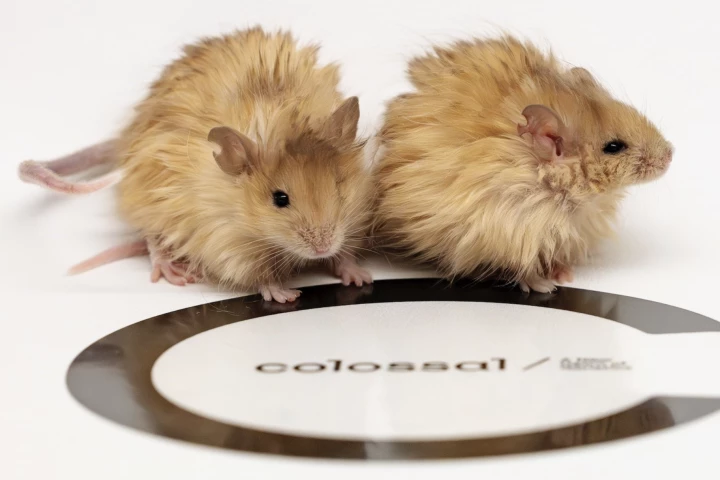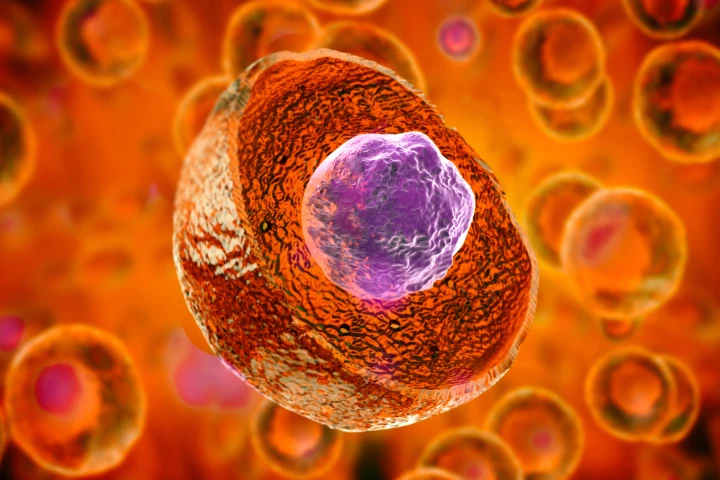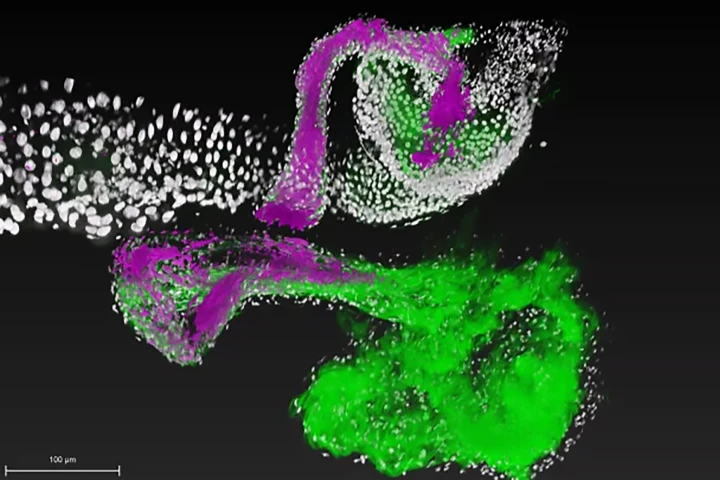Genetic engineering
-
A new CRISPR-based one-off therapy that lowers "bad" cholesterol is set to enter its Phase I trial. If successful, it could be the first approved genetic-editing method, replacing ongoing medication and slashing the risk of cardiovascular disease.
-
A new gene-editing technique from the University of Texas at Austin uses bacterial retrons to replace entire sections of dangerously mutated DNA with healthy genetic code. It could "reno" multiple mutations simultaneously.
-
Scientists have engineered Salmonella bacteria to self-destruct inside tumors, releasing signals that spark powerful immune hubs and shrink colon cancer in mice, opening the door to “living medicines” against deadly cancers.
-
By knocking out a protein duo’s “bodyguard” role, researchers have exposed a hidden weakness in pancreatic cancer. It’s a discovery that could lead to smarter, more effective treatments for one of the deadliest cancers.
-
In a breakthrough, scientists have transferred a courtship behavior from one species to another, triggering the recipient to perform this completely foreign act as if it was natural. It's a feat that has never been genetically engineered before.
-
By eliminating the essential amino acid cysteine from the diets of mice, and disabling their ability to produce it, scientists have induced rapid and dramatic weight loss. The technique opens a new pathway to explore in weight-loss science.
-
Scientists have identified new gene modifications that can make tomatoes and eggplants grow bigger, which could help boost yields in developing countries.
-
The quest to resurrect the woolly mammoth has taken another step forward, with the creation of the Colossal Woolly Mouse. The lab-made rodents have been genetically altered to possess key physical traits of the extinct beasts – in fur and fat, at least.
-
Transplanting insulin-producing cells along with engineered blood-vessel-forming cells has successfully reversed type 1 diabetes in a new preclinical study. With further testing, the novel approach could one day cure the as-yet incurable condition.
-
Researchers have created a way to guide and control the development of stem cells into specific tissues and organs, opening the door to developing a means of one day tackling complex diseases like diabetes and Parkinson’s disease.
-
Working with a line of colon cancer cells, Korean researchers figured out a way to throw a few genetic switches to cause the cells to revert back to a healthy state. The technique could have major implications in the way we approach cancer treatment.
-
Beneficial bacteria occupy specific regions in the gut, contributing to our health via the microbiome. A new study has identified the genes that good bacteria use to colonize these regions, opening the door to creating engineered probiotics.
Load More


